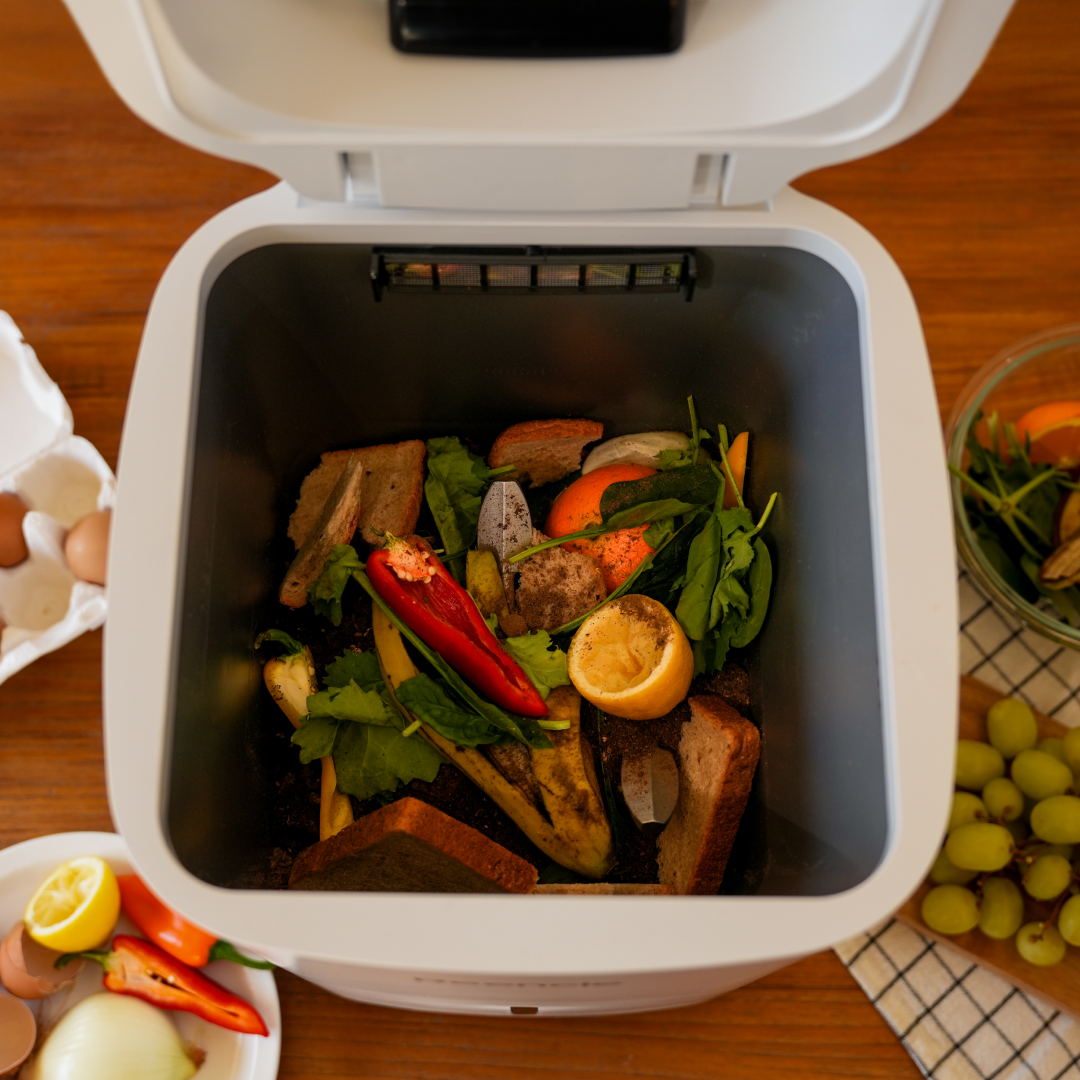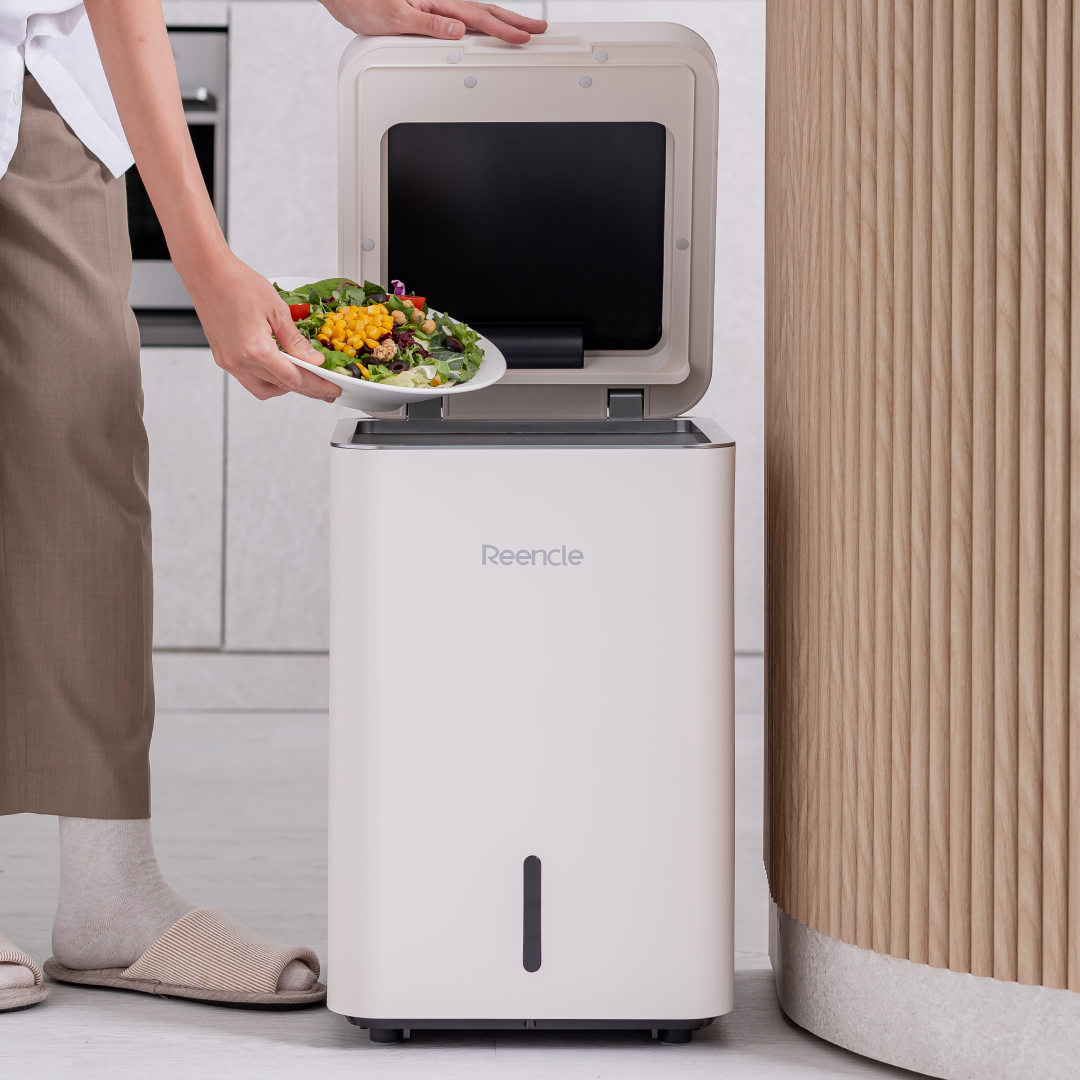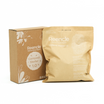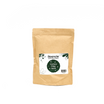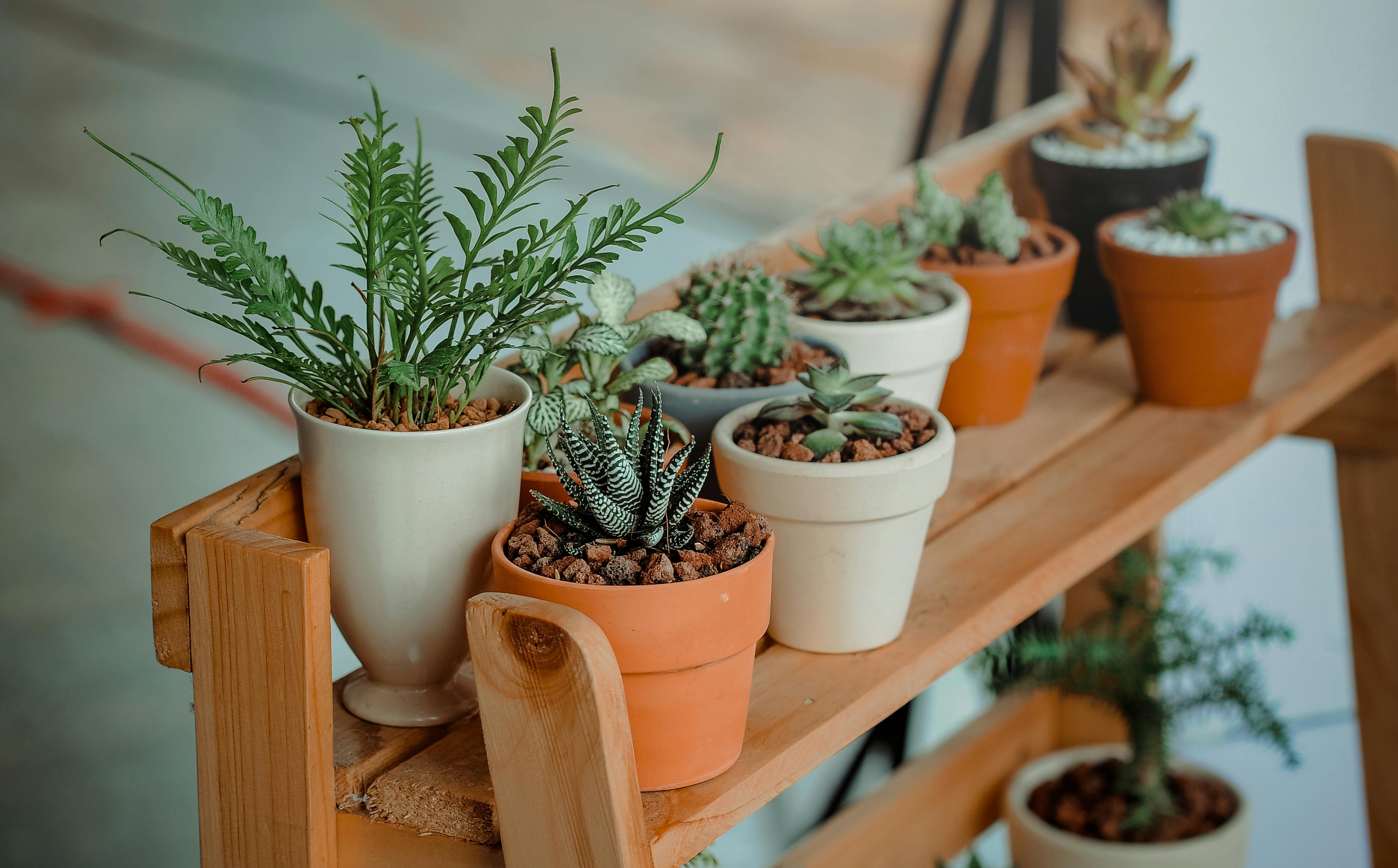The Role and Usage of Compost

What is Compost and Why is it Necessary?
Compost is organic matter that has been broken down by microorganisms, transforming it into a rich, soil-like material. In nature, organic matter such as fallen leaves, dry grass, and dead plants decompose over time, returning nutrients to the soil. Microorganisms play a crucial role in this process by breaking down these organic materials and converting them into nutrients that plants can absorb.
However, in human-managed fields and gardens, the soil's organic matter gets depleted every time crops are harvested. This depletion makes it essential to reintroduce organic materials to maintain soil health. Compost helps replenish these nutrients, improving soil quality and promoting healthy plant growth.
Types and Key Elements of Compost
Various kinds of compost are available, each serving different purposes based on their raw materials. Common types include:
1. Manure-based Compost: Made from cow, horse, or poultry manure, this compost is rich in nutrients like nitrogen, phosphorus, and potassium.
2. Plant-based Compost: Derived from leaves, grass clippings, or pine bark, this type of compost is excellent for improving soil structure and fertility but is typically lower in nutrients.
3. Food Waste Compost: Created from kitchen scraps, this compost recycles household waste into a valuable soil amendment.
Understanding the key elements of composting can help you create high-quality compost:
1. C/N Ratio (Carbon to Nitrogen Ratio): The ideal ratio for composting is around 30:1. Carbon-rich materials (browns) include leaves, straw, and paper, while nitrogen-rich materials (greens) include grass clippings, vegetable scraps, and manure.
2. Moisture: Composting microorganisms thrive in a moist environment. Aim to keep the moisture level around 50%, which feels like a wrung-out sponge.
3. Fermentation Temperature: Effective composting requires the pile to reach temperatures of up to 60 degrees Celsius (140 degrees Fahrenheit). This temperature kills weed seeds and promotes the activity of thermophilic (heat-loving) microorganisms.
4. Aeration: Adequate airflow is essential for the decomposition of organic matter by aerobic microorganisms. Turning the compost pile regularly ensures sufficient oxygen supply.
Which Compost is Suitable for Vegetable Gardens?
For organic vegetable gardens, compost is preferred over chemical fertilizers. High-quality compost should be free of odor, have low moisture content, and resemble soil. After application, the compost should integrate into the garden soil within about six months.
Different composts have unique benefits:
Manure-based Compost: Supplies essential nutrients and is particularly beneficial for heavy feeders like tomatoes and corn.
Plant-based Compost: Improves soil texture and water retention, making it ideal for root crops and leafy greens.
Food Waste Compost: Rich in a variety of nutrients, but it’s crucial to use food waste with low salt content to avoid soil salinity issues.
Using at Vegetable Garden
Using compost in vegetable gardens has several advantages:
Fertile Soil: Compost enriches the soil with organic matter and nutrients, promoting robust plant growth.
Beneficial Microorganisms: Compost encourages the proliferation of beneficial microorganisms, which help decompose organic materials and improve soil health.
Pest and Disease Suppression: The heat generated during composting can kill harmful pests and pathogens.
Soil Moisture Retention: Compost enhances the soil's ability to retain moisture, reducing the need for frequent watering.
Timing and Method of Applying Compost
Timing is crucial when applying compost to your garden. It's best to mix compost into the soil 1-2 weeks before planting seeds or seedlings. This allows the compost to integrate well with the soil and ensures that the nutrients are readily available to the plants.
Here are some tips for using compost effectively:
- Ensure Maturity: Before using compost, make sure it is fully matured. Mature compost should not produce heat or unpleasant odors and should resemble dark, crumbly soil. Immature compost can harm plant roots due to the heat and gases produced during decomposition.
- Application Method: Spread a layer of compost over the garden bed and mix it into the top few inches of soil. For existing plants, you can use compost as a top dressing around the base of the plants, avoiding direct contact with the stems.
Conclusion
In summary, compost plays a vital role in maintaining soil health and fertility.
By understanding the different types of compost and their benefits, you can choose the right compost for your garden and ensure that your plants thrive. Proper composting techniques and application methods will help you create a sustainable and productive garden, benefiting both your plants and the environment.


